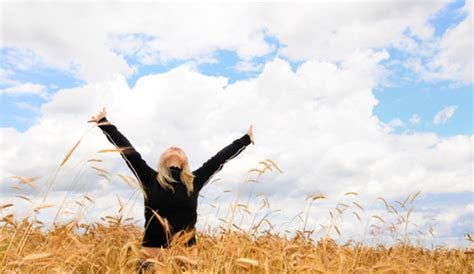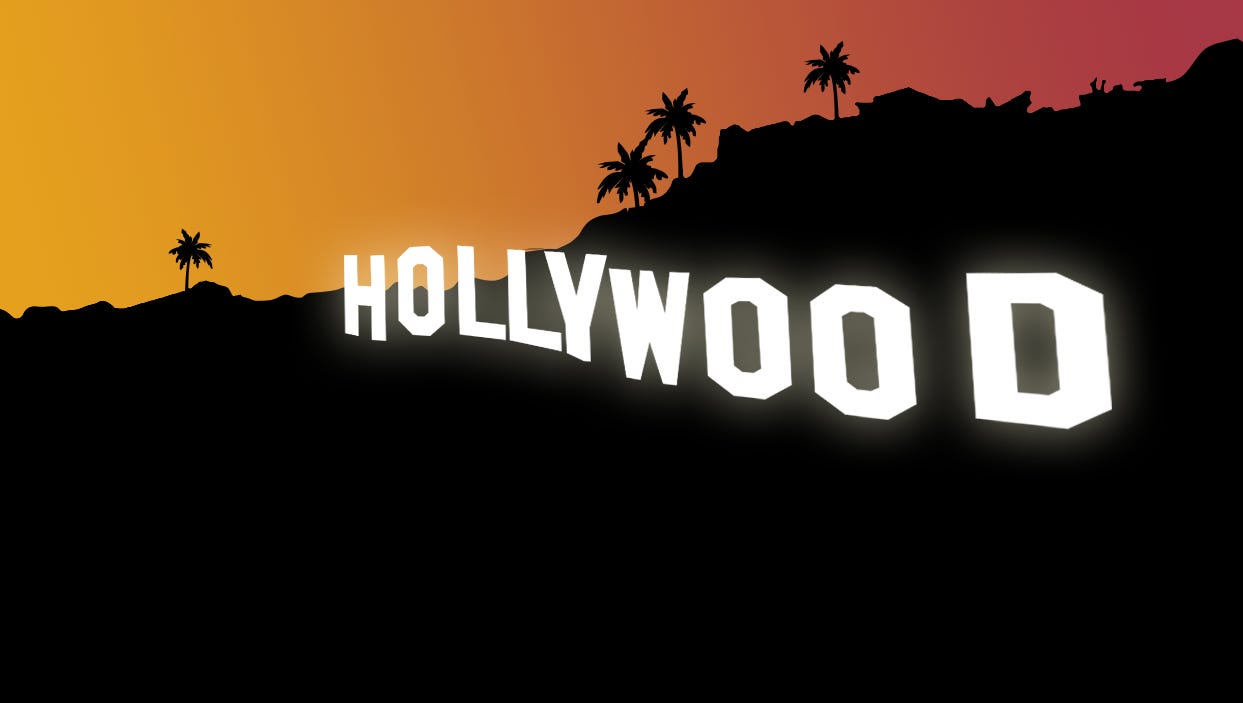
My biological siblings (I also have two wonderful foster sisters) and I experienced different fathers. It was almost as if my mom had serial married four separate men every four or five years between 1942 and 1956.
Between myself and my oldest sibling, Pam, lie fourteen years of remarkable transformation for my dad. From a Marine drill sergeant who fought at Guadalcanal to a Presbyterian seminary student in Austin, Texas.
From a Marine being pictured with a Confederate flag in his platoon’s mess tent to a First Presbyterian Church of Dallas associate pastor who regularly invited black ministers from the Southern Christian Leadership Conference to his sermons. The invitees would sit in the church’s balcony and bark, “Amen, Brother Moore!”, when he so moved them and the mostly white congregation would pretend not to notice, though a few would always crane their necks to see who in the balcony was disturbing the status quo.
From a Mississippi leatherneck raised to revere and respect authority to a pastor who bought in to Transactional Analysis and other human potential paradigm shifts of the ‘60s.
From a native Mississippian who once went out of his way as a teen to knock a watermelon off a black man’s shoulder to a minister who opened one of the country’s first soup kitchens to the homeless.
As you can see, I benefitted greatly by being the last born biological Moore. Not only did I benefit from being the youngest, the father I knew was a man of the cloth as well as someone trying to redeem his past and grasp his potential. (It was also the time when he had his very human failings and, not having fallen far from the tree, I know a little bit about that. At the time; however, I was oblivious.)
An alert reader, Ariahna Jones, introduced me to an article titled The Coronation by Charles Eisenstein and, though I have not absorbed very much of it, there was a paragraph that caught my attention.
Over my lifetime I’ve seen society place more and more emphasis on safety, security, and risk reduction. It has especially impacted childhood: as a young boy it was normal for us to roam a mile from home unsupervised – behavior that would earn parents a visit from Child Protective Services today. It also manifests in the form of latex gloves for more and more professions; hand sanitizer everywhere; locked, guarded, and surveilled school buildings; intensified airport and border security; heightened awareness of legal liability and liability insurance; metal detectors and searches before entering many sports arenas and public buildings, and so on. Writ large, it takes the form of the security state.
Mr. Eisenstein is eleven years my junior. So I know exactly what he speaks of here. For me, it was both the era I grew up in and the parents I had.
My friends and I had the okay to ride our Stingray bikes miles into the countryside on the farm-to-market roads heading north out of the bedroom community I grew up in which, at the time, were the furthest outskirts of the Dallas metropolitan area. I stayed out late in the neighborhood with the neighborhood gang playing a game with a spotlight practically every night.
As I got older, as a minister, my father knew people who could secure a job for me working for Nalco Chemical on the Reading Railroad in Reading, Pennsylvania, or being the handyman for Housing and Urban Development residential housing. The railroad work involved spending entire days spraying weed killer on the tracks, living out of hotels and working with grown men who cursed twice as much as sailors. I might have been sixteen years old.
A high school friend and I ventured to Brownsville, Texas, one summer hell bent to make our fortune working on a shrimp boat. That is a story unto itself but, suffice it to say, it did not pan out and we completed our summer remodeling homes in Corpus Christi for his stepdad.
(Apropos of nothing, I distinctly remember listening to Whiter Shade of Pale by Procol Harum over and over and over as we busily painted the interior of houses.)
My point being, which I think aligns with much of Eisenstein’s essay, is that we are no longer the world that he and I grew up in. We are not even remotely striking the balance we need as a society, civilization, species to grow, heal, excel and flourish. We know too much yet, at the same time, there is no way to wrap our heads completely around it, and it becomes the proverbial riddle, wrapped in an enigma surrounded by a conundrum.
We are drowning in an infodemic.
Mr. Eisenstein talks about whether it will be worth giving up more of our freedoms to combat this virus when there’ll surely be another pandemic in time. Is doing what it takes to save every single person worth losing, or degrading, what makes us distinctively human? As he says, this question is unanswerable because what we don’t know with certainty outweighs what we do know with certainty. But it’s still a question worth posing.
I cannot imagine having grown up without the freedoms I took for granted.
I cannot imagine growing up in this world of hyper-vigilance and surveillance.
With each passing day, we surrender more and more information about ourselves willingly and unwillingly. (Don’t forget that during the 2016 election Cambridge Analytica had access, due to Facebook, to 5000 data points per person in the United States. If it had not been Facebook, it would have been some other social media site.)
The outcome of this pandemic is not knowable, but I do worry we are rushing back to ‘normalcy’ because, as a species, we are not well-suited to the discipline required. No one wants to live the rest of their lives, or imagine the rest of their lives, without social gatherings, hugs and games nights in person.
I see the freedoms we’ve lost and the inconveniences we’ve had to endure - for now - to be worth it. We need the time bought to understand more about this virus. It disappoints me our federal government has - on the whole - squandered the time. Even so, I feel confident competent scientists the world over are collaborating and making good use of what time they have been given.
SARS coronavirus 2 has been found to be relatively unique to the viruses we are familiar with and, for that reason, it is not the same existential threat as terrorism or climate change. Neither is it your run-of-the-mill flu or dengue fever or Hepatitis C. I also believe, without any scientific basis mind you, it is not permanent and it is not going to wipe us out. It is not going to change the world forever. Or human interactions forever.
Human civilization rebounded after the Spanish Flu. I feel confident it will rebound after this pandemic as well.
###
I thoroughly enjoyed this Netflix Original - only 7 episodes! - about reimagining Hollywood in the 1940s if women, gay men and blacks had been given a seat at the table. Imagine how the world might have been transformed! It’s simply called Hollywood.

Alert reader Mark Porter sent along this gem from NPR’s Tiny Desk series - Mariachi Flor De Toloache - New York City women singing Ranchera music accompanied by trumpet, violin and guitar.
"Flor de Toloache" (Toloache flower) is a flower traditionally associated to witchcraft in Mexican ancient folklore.
I guarantee you they are bewitching.



